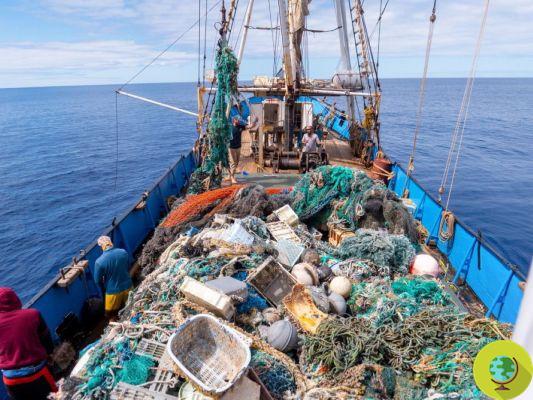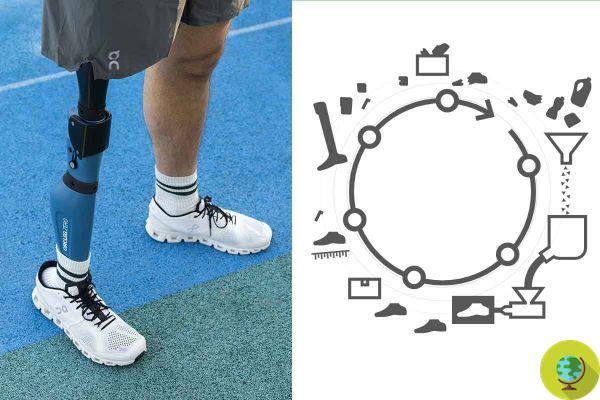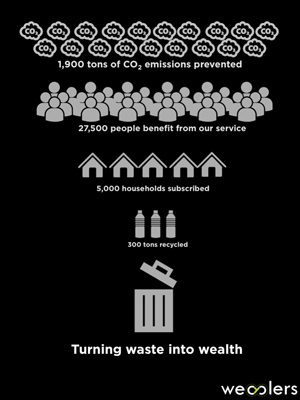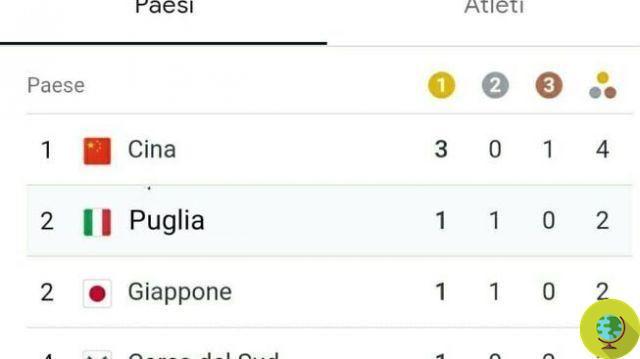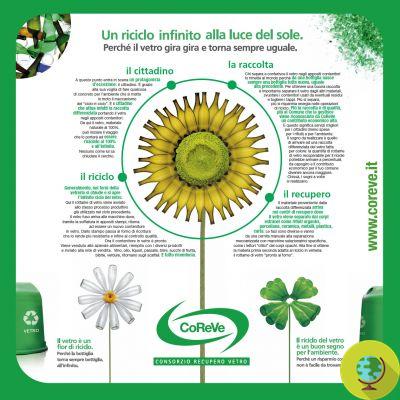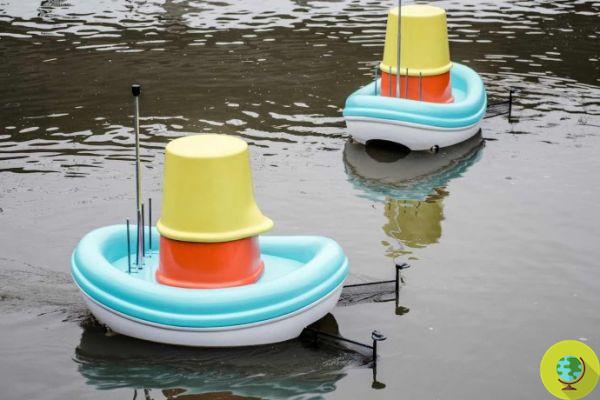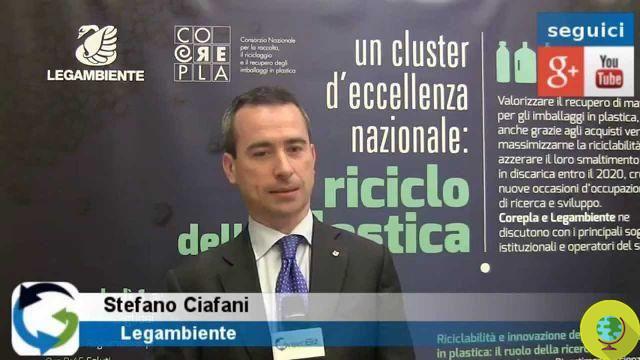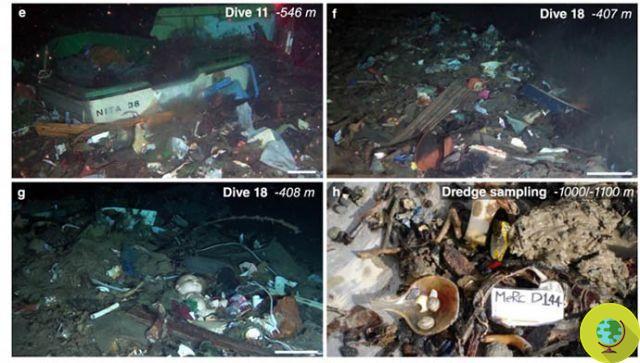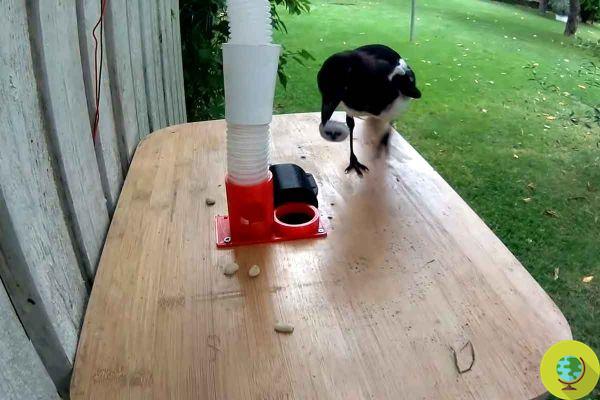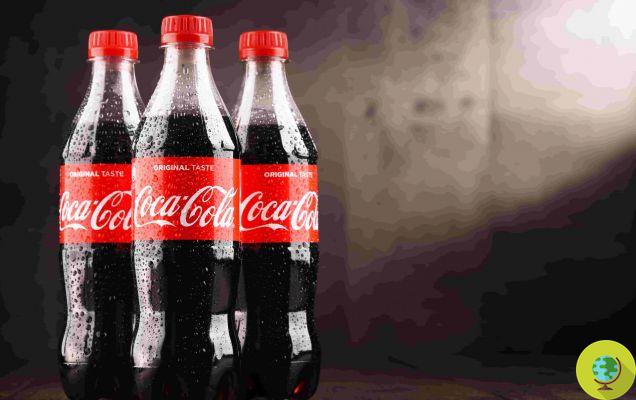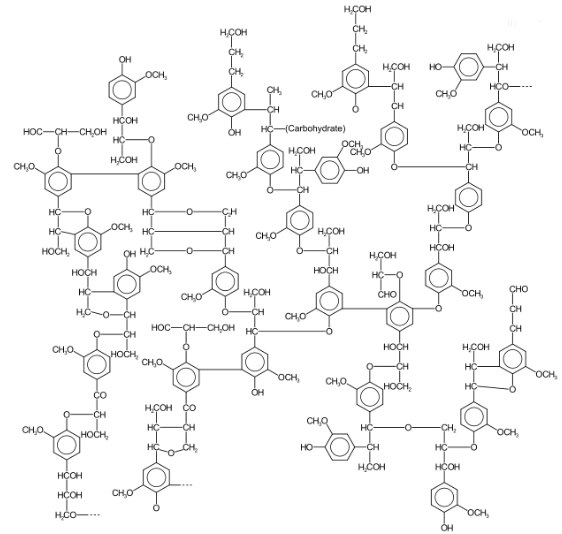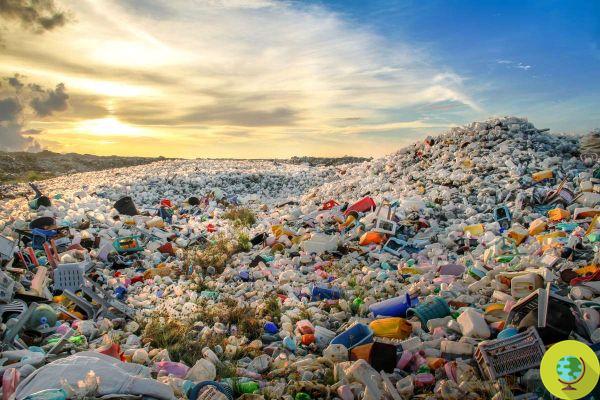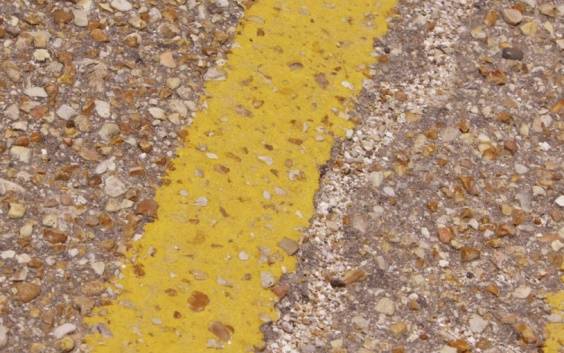Researchers at the University of Cambridge have created a new sustainable material that could replace plastic in many fields
He is about to end up run over, his mother saves himResearchers at the University of Cambridge have created a new sustainable material (derived from plants) that could replace single-use plastics in many fields.
For many years, researchers have observed the behavior of proteins: much of the research has focused on what happens when proteins behave abnormally, causing the onset of diseases such as Alzheimer's. Now, however, researchers at the University of Cambridge have dedicated their efforts to solving an important problem concerning environmental sustainability: pollution due to plastic.
It is a polymer film created by imitating the properties of the spider's web, one of the strongest materials in nature. This new material is as strong as many types of plastics in use today and may soon replace petroleum material in many household products. The new material was created using a new approach, to assemble plant proteins into a material that reproduces silk - at the molecular level. The natural proteins, self-assembling, have produced a rigid 'plastic-like' film that can also be produced on a large scale. Dyes (also natural) can also be added to this natural polymer, and it can also be made impermeable to water.
(Read: From the recycling of masks a new material for roads and pavements more resistant than asphalt)
The new natural 'plastic' is completely compostable at home - unlike other types of bioplastics that have existed so far that still require machinery to degrade. It will soon be launched on the market by Xampla, a company connected to the University of Cambridge that develops alternative solutions to plastic for single-use products: the company will already be producing a line of disposable bags and capsules from the end of this year that will replace those used. for cleaning dishes and clothes, previously made of plastic.
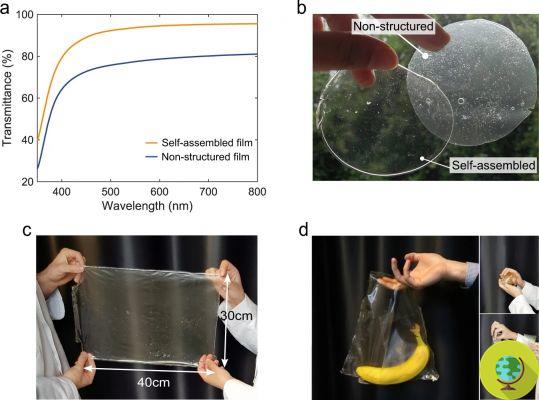
Credits: Natural Communicatios
This was the culmination of a study lasting more than ten years that allowed us to understand how nature (in this case, the spider) generates materials from proteins - they explain. the authors of the research. - We did not start with the intention of winning the challenge of environmental sustainability - we were driven by curiosity and by creating new materials. The turning point was being able to recognize the phenomenon of self-assembling proteins, in order to create new and innovative materials.
And, in fact, very little is known about how plant proteins assemble each other, and researchers say they are excited about the idea of discovering new ways to progressively replace plastic in all areas of daily life.
Fonte: Nature Communications
We also recommend:
- Plastic: they recover 25 tons of marine litter with their nets to transform them into benches and street furniture
- Block plastic in rivers with a whirlpool-like bubble barrier: the Bubble Barrier traps waste before it ends up in the sea
- These 10 plastic objects alone make up 3/4 of the waste in our oceans




